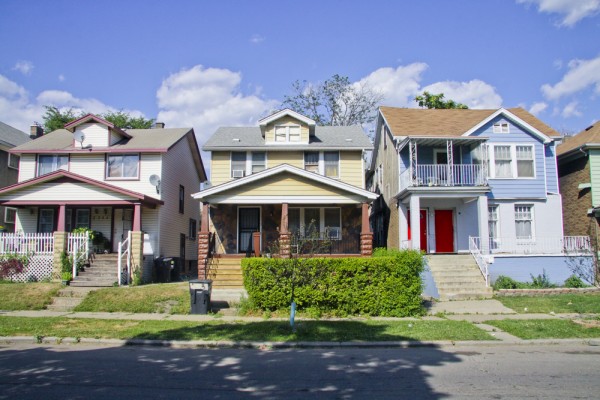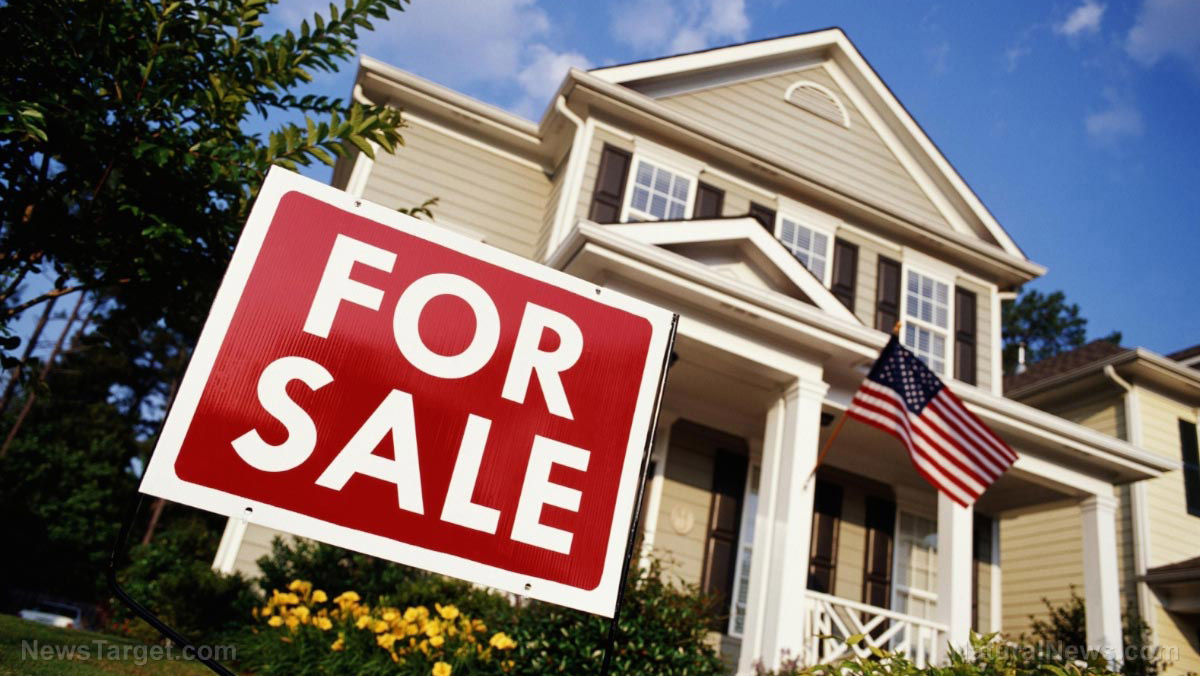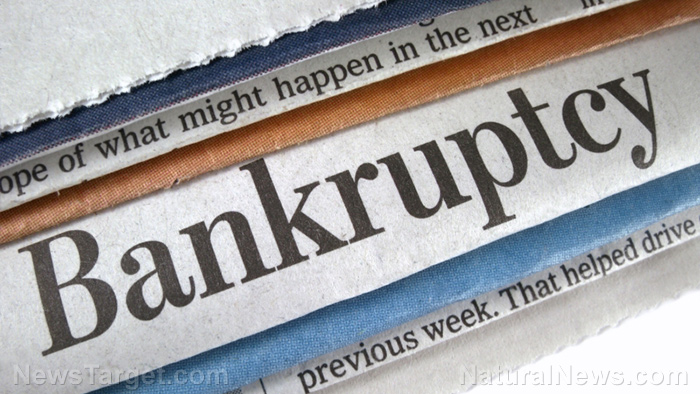 Parler
Parler Gab
Gab
- Foreclosure filings surged in October for the eighth straight month.
- Lenders started the process on 20% more properties than last year.
- Bank repossessions saw a dramatic 32% annual increase.
- Soaring insurance and property taxes are creating a perfect storm for homeowners.
- Florida, South Carolina and Illinois are experiencing the highest foreclosure rates.
Growing financial pressure
This foreclosure surge is not happening in a vacuum. It is the direct result of a perfect storm of escalating costs that are squeezing homeowners from every direction. While today's homeowners generally have safer mortgages than the subprime loans that triggered the 2008 crash, they are now battling a different set of adversaries. Rob Barber, CEO of ATTOM, stated, "Foreclosure activity continued its steady upward trend in October – the eighth straight month of year-over-year increases." The primary drivers are impossible to ignore. Homeowners insurance premiums have skyrocketed, with some areas seeing annual increases of 20 to 30%. In Florida, the situation is particularly dire, where residents grapple not only with soaring insurance but also with dramatically rising homeowners association fees. This combination is proving fatal for household budgets, especially for those on fixed incomes.The Florida fire sale
The Sunshine State offers an unsettling case study. A real estate investor, Jameson Tyler Drew, told Realtor.com, "A huge percentage of Florida's residents are retired on fixed incomes, and such [HOA] increases are completely unaffordable. This has led to a fire sale of condos as elderly residents look for places to live, all while losing their equity." This exodus is a direct response to costs that have become untethered from reality. Hannah Jones, a senior economic research analyst at Realtor.com, confirmed this analysis, noting, "Foreclosure rates in Florida may be relatively high due to some combination of surging insurance premiums, climbing HOA fees, and falling buyer demand." The very factors that once made states like Florida attractive are now contributing to their financial instability. The broader economic context is equally troubling. Consumer debt is at an all-time high, delinquencies are rising on other forms of credit, and the job market is showing signs of weakness. While the national foreclosure rate remains below historical highs, the consistent upward trend is a flashing red warning light. Rick Sharga, CEO of CJ Patrick Co., cautioned, "None of these issues have impacted mortgage performance - yet, but it would be unrealistic to assume that these trends, along with slow home sales and declining home price appreciation, won’t lead to at least a slight increase in delinquencies and defaults in the months ahead." So where does this leave the average American? The data suggests we are navigating a dangerous economic landscape where the pillars of wealth generation, like home equity, are becoming sources of vulnerability. People are discovering that they are not truly owning their homes but are effectively renting them from the county through exorbitant property taxes and from insurance companies through punitive premiums. This foreclosure surge is a symptom of a deeper economic sickness. With real wages stagnant and the cost of every necessity from housing to groceries soaring, the system is showing undeniable signs of fracture. The eight-month climb in foreclosures is a quiet but persistent alarm bell, warning that the foundation of the housing market is cracking under pressure, and the consequences for the American dream could be severe. Sources for this article include: DailyMail.co.uk CNBC.com CBSNews.comUkrainian strikes, sanctions fuel global diesel crisis as prices soar
By Belle Carter // Share
SNAP “reset”: USDA requires recipients to reapply for benefits
By Ava Grace // Share
Foreclosure crisis deepens as Americans struggle under crushing economic burden
By Patrick Lewis // Share
Corporate bankruptcies near 15-year high as economic stress triggers wave of failures
By Cassie B. // Share
Iran claims dismantling U.S.-Israeli spy network amid escalating tensions
By Patrick Lewis // Share
Governments continue to obscure COVID-19 vaccine data amid rising concerns over excess deaths
By patricklewis // Share
Tech giant Microsoft backs EXTINCTION with its support of carbon capture programs
By ramontomeydw // Share
Germany to resume arms exports to Israel despite repeated ceasefire violations
By isabelle // Share










